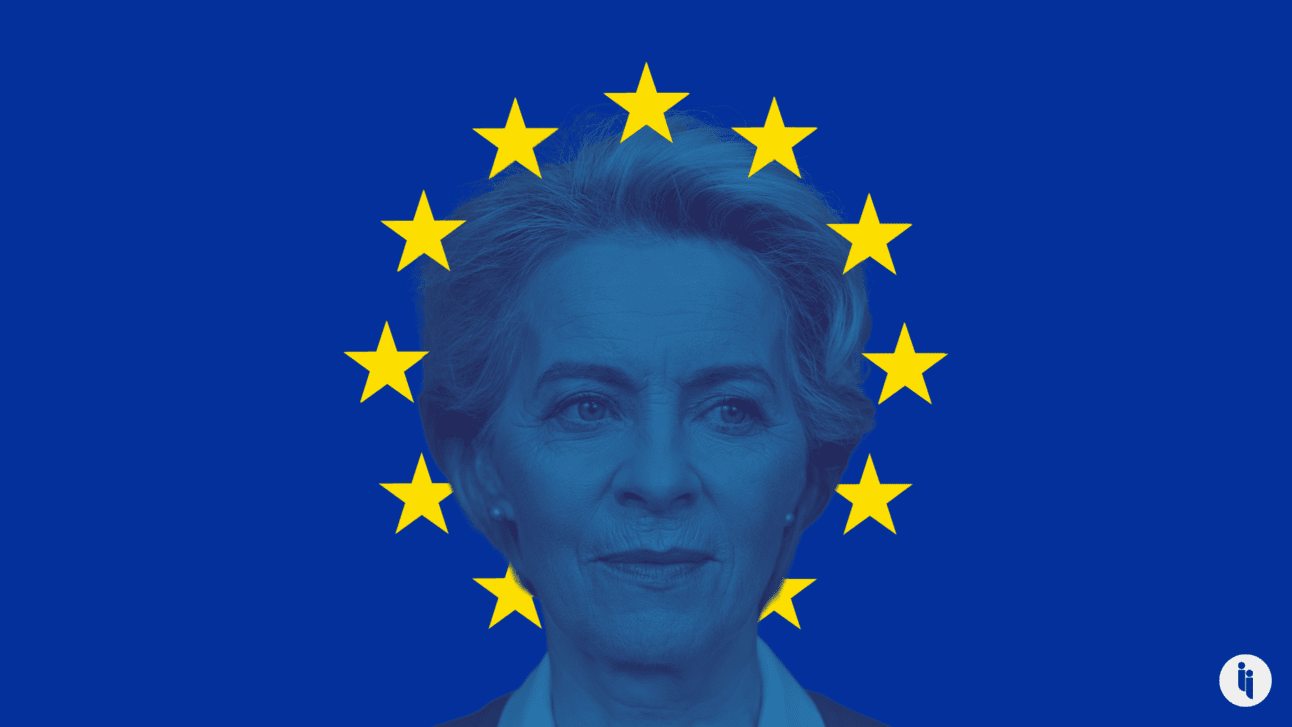You know summer is officially over when European officials are back at it: for European Commission President Ursula von der Leyen, it was time for her annual State of the European Union address yesterday (Wednesday).
Didn’t catch the (hour-long) speech? Here are some key points:
- 🚗 China – von der Leyen specifically took aim at China-made electric vehicles, whose “price is kept artificially low”; she announced an anti-subsidy inquiry, to avoid the EU’s carmakers meeting the same fate as the bloc’s beleaguered solar sector.
- 🤗 Enlargement – the president said the EU must “complete our union” and bring in new states, but she didn’t give a timeline. The current EU ‘candidates’ are Turkey, North Macedonia, Montenegro, Serbia, Albania, Moldova, Ukraine, and Bosnia & Herzegovina.
- 🇺🇦 Ukraine – von der Leyen again promised to back Ukraine “for as long as it takes“, with the EU ramping up ammunition production and proposing €50B towards longer-term investment and reform.
- 🖊️ Trade – the president also said the EU should aim to wrap up its long-running trade negotiations with Australia, Mexico and Mercosur by the end of the year. As things currently stand, that doesn’t seem likely.
Sometimes speeches are also intriguing for what they don’t say: in this case, von der Leyen didn’t share whether she’ll run for a second term next year.
Stay on top of your world from inside your inbox.
Subscribe for free today and receive way much more insights.
Trusted by 99,000+ subscribers
No spam. No noise. Unsubscribe any time.
Intrigue’s take: This speech captured so many of the EU’s dilemmas:
- how to leverage AI without losing control
- how to uphold standards without strangling productivity
- how to expand the EU without undermining its integration, and
- how to decarbonise the economy without an overreliance on China.
Mostly, the EU isn’t alone here. But its ability (or not) to find and nail each sweet spot really will shape its future (plus von der Leyen’s legacy).
Also worth noting:
- The European Parliament gave von der Leyen a standing ovation after her address, which used English, French and her native German.









